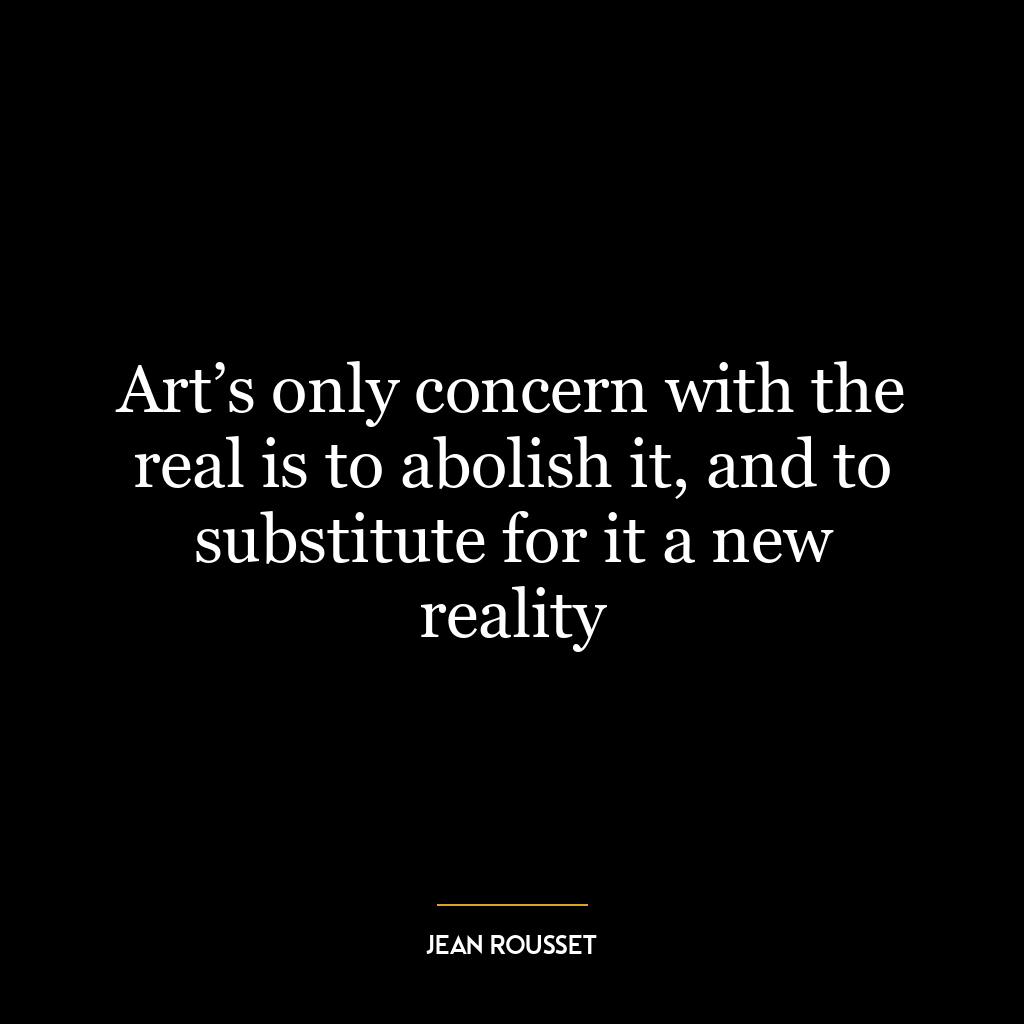This quote by William James, “Habit is a second nature, or rather, it is ‘ten times nature'” speaks to the profound power and influence of habits in our lives. When he says that habit is a ‘second nature’, he means that habits become so ingrained in us that they almost seem natural. They are actions or behaviors we perform almost automatically, without conscious thought.
When James goes on to say that habit is ‘ten times nature’, he amplifies the meaning of habits even further. This suggests that our habits can be even more influential than our innate instincts or inclinations. Simply put,what we repeatedly do becomes stronger than what we are naturally inclined to do.
Applying this idea in today’s world or personal growth can be incredibly powerful. For instance,if one wants to lead a healthier lifestyle but struggles with unhealthy eating patterns due to instinctive cravings for junk food; through repetition and discipline (forming new healthy eating habits),over time these new patterns can override their initial unhealthy inclinations.
In terms of personal development, understanding this concept helps us realize the importance of forming positive and productive habits as these will shape our future selves more significantly than any inherent traits or tendencies we may have been born with.
Moreover, it highlights how vital it is for us not just to focus on breaking bad habits but also actively cultivating good ones as they will eventually become stronger than natural instincts. Our daily routines and practices – whether reading every day for intellectual growth or exercising regularly for physical health - could ultimately define who we are more than any innate characteristics ever could.
this quote underscores the fact that while changing deeply ingrained behaviors might be challenging initially due to their ‘second nature’ status; with consistency and determination (making them ten times stronger), such changes are indeed possible leading us towards better versions of ourselves.










